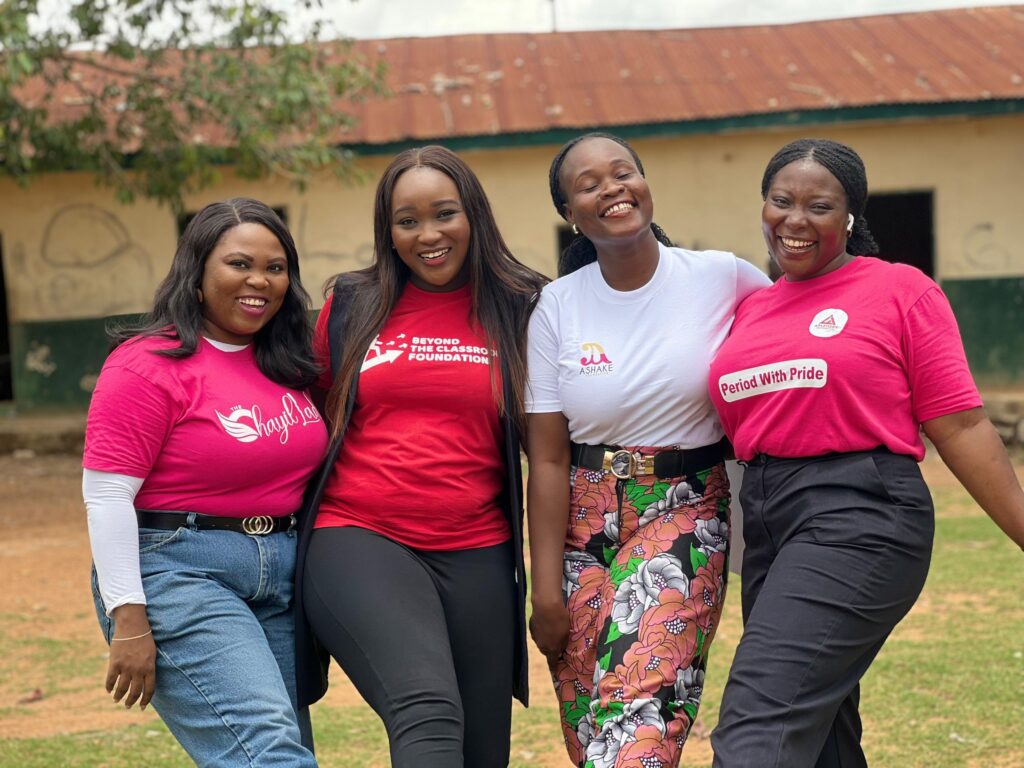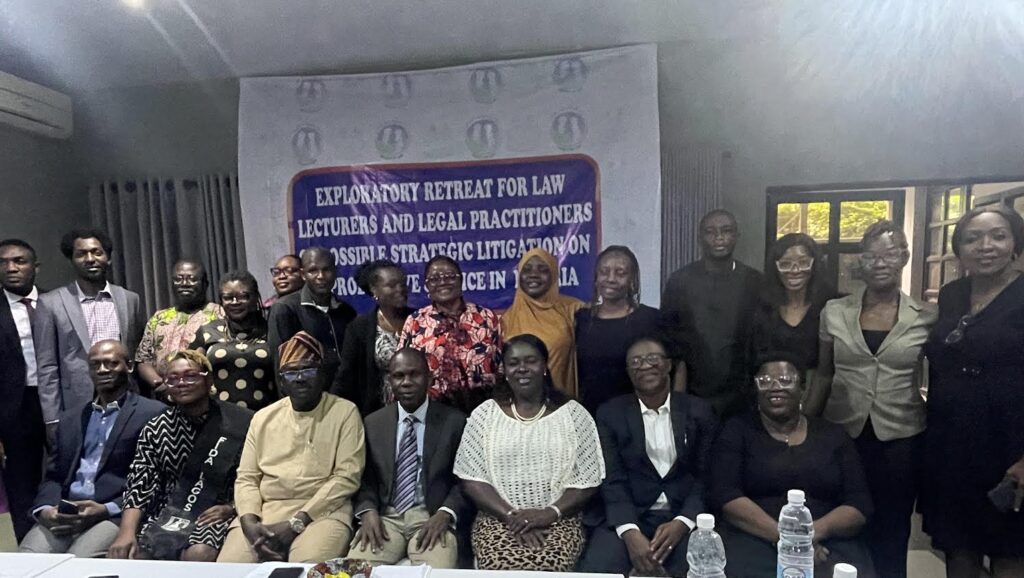
If there is a general consensus that COVID-19 restrictions increased hardship, it must also be accepted that easing restrictions has not reduced hardship. Instead one of the most pervasive indicators – food inflation – has continued to rise, reaching its highesst level in over 15 years, 21.79 per cent, in March 2021. The group facing the most devastating socioeconomic consequences are Nigerians at the bottom of the pyramid. The most vulnerable to reduced income, reduced purchasing power and job loss, who also lack access to the basic financial services that help mediate such shocks.
When hardship increases, people rely on financial services like savings, loans and insurance, as coping mechanisms. However, millions of people who work in the informal economy and are often unbanked, have less access to these services which means they are more vulnerable to unexpected shocks and more likely to have difficulty bouncy back from these shocks. The Federal Government has put in place social investment programs like the school feeding programme, conditional cash transfer programmes, N-Power programme and more recently the National Poverty Reduction with Growth Strategy (NPRGS) to serve as safety nets by providing welfare and access to better economic opportunities. In recent years, private sector players have also developed fintech solutions to expand and deepen financial inclusion. One of the barriers to both the private and public sectors interventions is the identification system that often excludes the most vulnerable populations. Accurate census and national identification data make government and key stakeholders more efficient in identifying needs and allocating support. Creating access to drivers of resilience is key to alleviating hardship and driving growth for businesses in the informal economy, and identity in its simplest form can mediate, and in some cases, totally eliminate these barriers.
The government has intensified efforts to consolidate a national database with its NIN registration drive, but better systems of identification do not necessarily translate to more inclusivity and by extension more access to financial and other critical services, particularly for vulnerable groups who are systematically marginalised. While improved digital systems of identification can make access to financial services and products more efficient, technical efficiency cannot compensate for or address political, policy and system failings or biases.
Asides from the relationship between identity and access, other domestic factors like household size, age and gender are often overlooked when considering drivers of resilience for the working poor. Within this subsect of the population, people can display different levels of resilience depending on their age, gender and household size, these secondary factors can affect the level of resilience of MSMEs in the informal economy. Data compiled, between August to December 2020, by Nigeria’s Government Enterprise and Empowerment Programme (GEEP) and 60 decibels with the support of the Rockefeller Foundation, showed that businesses that are not seeking loans are more likely to have smaller household sizes and are also more likely to display higher levels of resilience compared to those with larger household sizes. Larger households require larger costs and are thus more vulnerable to financial shocks. This confirms that household size has a direct impact on the ability of businesses in the informal economy to sustain themselves, so household size is a driver of resilience, and determines which MSMEs seek loans.
The data also confirms that businesses run by women are less likely to indicate positive financial outcomes compared to men, this is because women have less access to financial services, and loans specifically. As such they are often unable to use loans to stimulate their businesses and impact their financial outcomes. There are obvious opportunities for financial services to drive resilience. Savings accounts can help people plan for long-term needs like education or healthcare, in the event of unexpected circumstances and expenses, savings also serve survivalist functions. Access to credit sustains and grows businesses, while insurance is designed to mitigate unexpected shocks that can make people unable to cater to their immediate needs; and payment services can help facilitate the process of accessing and supplying goods and services- the foundation of commerce.
A major barrier to expanding financial inclusion in Nigeria has been the inability of traditional players in the financial sector to adapt their services to the local context of individuals and business within the informal economy in a way that adequately meets the needs. The current challenges in delivering these services include issues like the operational and infrastructure costs involved in setting up new branches, and also high levels of distrust within these communities. In recent years, agent banking has become a popular method of increasing access to financial services using agents rooted in communities has reduced the issues of cost and distrust but access is not the same as inclusion. Nigerians must be able to access these services independently and with relative ease to be financially included.
[a]d
Digital financial services play a clear role in reducing operational costs, increasing efficiency and deepening penetration through better last-mile delivery mechanisms and networks, and must be a central part of any strategy that is aimed at deepening financial inclusion at scale, and the lessons of COVID-19 have emphasised the importance of scaling up efforts to increase access to financial services within the informal economy so that more MSMEs can demonstrate higher levels of resistance to harsh economic realities. By removing residual barriers and designing new products and services rooted in the appropriate contexts, businesses within the informal economy stand a better chance of surviving the now and improving with the future.
On the topic of resilience, another critical driver that cannot be overlooked is education or acquiring a vocational or technical skill. The absence of these skills has proved to be a barrier preventing people, most especially women and girls from accessing better living conditions, financial services and products. We continue to see indications that women are least likely to get an education in certain regions inhibited by religious and cultural values. Nevertheless, it is important to educate women because of the critical role they play in transferring knowledge and skills to their children which positions them for the future.
Mamamoni recently launched a learning app that will help us to reach more women across Nigeria. The app enables girls and women from underserved communities to learn skills for free, take their small businesses online, stay connected with customers and access other opportunities.
The level of resilience of the citizens of any nation is a clear indication of how successful the government, policies and social intervention programmes are. Hence, we will continue to encourage the government to drive resilience by creating an enabling environment and providing the right incentives for financial institutions and private social impact programmes to invest in deepening financial inclusion. Only with improved public-private partnerships, can stakeholders develop both the capacity and the digital technology needed to provide widespread access to financial services.
Okocha is the founder of Mamamoni.













